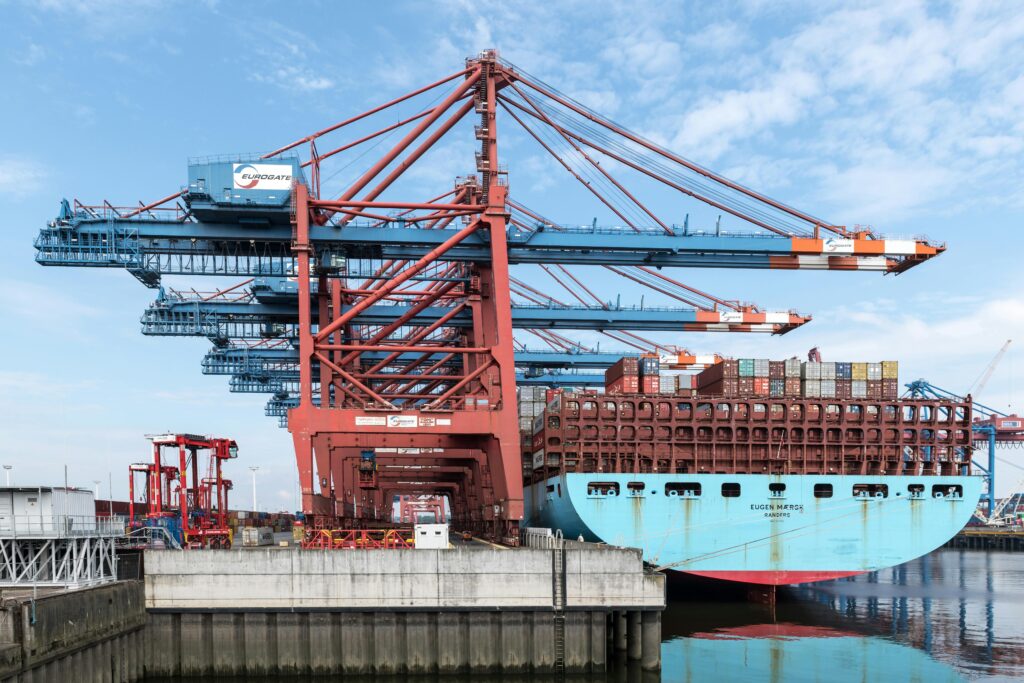The role of government policies in shaping Nigeria’s export industry is crucial for driving economic growth and fostering international trade relations. Understanding these policies is vital for anyone involved in or looking to enter the export business in Nigeria.
Table of Contents

The Importance of Government Policies
Government support is essential for the development of a robust export sector. Policies designed to encourage export activities can significantly boost Nigeria’s economic performance by providing businesses with the necessary infrastructure and financial support. Programs such as the Nigeria Export Promotion Council (NEPC) offer resources and training to help exporters navigate the complexities of international markets, ensuring that businesses can compete effectively on a global scale.
Trade Incentives and Subsidies
One of the key strategies employed by the Nigerian government is the provision of trade incentives and subsidies. These incentives are designed to reduce the cost burden on exporters, making Nigerian goods more competitive abroad. For instance, the Export Expansion Grant (EEG) provides financial grants to exporters based on the value of their non-oil exports. This encourages businesses to expand their export activities and explore new markets. By reducing financial barriers, these subsidies help businesses allocate resources towards improving product quality and market reach.
Regulatory Framework and Compliance
A well-structured regulatory framework is necessary for maintaining high standards and ensuring compliance with international trade laws. The Nigerian government has implemented various policies aimed at streamlining export procedures and reducing bureaucratic bottlenecks. Initiatives such as the Single Window Trade Portal simplify the process of obtaining necessary export documentation, thereby facilitating smoother and faster transactions. This regulatory clarity not only boosts exporter confidence but also attracts foreign investors looking for reliable trade partners.
Infrastructure Development
Investing in infrastructure is another critical aspect of government policy that affects the export industry. Improved transportation networks, better port facilities, and efficient logistics are essential for ensuring that goods can be moved swiftly and safely from Nigeria to global markets. The Nigerian government has been working on upgrading its infrastructure to support export activities, recognizing that efficient logistics are key to competing in the international market. Enhanced infrastructure reduces transit times and costs, making Nigerian products more attractive to overseas buyers.
Enhancing Agricultural Exports
Agriculture is a significant sector in Nigeria’s export economy. Government policies aimed at boosting agricultural exports include providing farmers with access to modern farming techniques, improved seed varieties, and better irrigation systems. Programs like the Agricultural Transformation Agenda (ATA) are designed to increase agricultural productivity and export quality, thus opening up new opportunities for Nigerian farmers in international markets. By focusing on sustainable practices, these initiatives ensure long-term growth and food security, which are crucial for economic stability.
Diversification of Export Products
The Nigerian government is also focusing on diversifying the range of export products. While oil has traditionally been Nigeria’s main export, there is a concerted effort to develop other sectors such as agriculture, solid minerals, and manufacturing. Policies encouraging the production and export of a wider variety of goods help reduce the economy’s reliance on oil and create a more balanced and resilient economic structure. Diversification efforts also mitigate risks associated with global price fluctuations in oil and create new employment opportunities in emerging sectors.
Trade Agreements and Partnerships
Establishing trade agreements and partnerships is another vital component of government policy that impacts the export industry. Nigeria’s involvement in regional and international trade agreements, such as the African Continental Free Trade Area (AfCFTA), provides local businesses with access to larger markets and reduces trade barriers. These agreements are crucial for enhancing Nigeria’s trade relationships and increasing the country’s export potential. They also facilitate the transfer of technology and skills, further strengthening Nigeria’s competitive edge.
Capacity Building and Training
Capacity building and training programs are essential for equipping Nigerian exporters with the skills and knowledge required to succeed in international markets. Initiatives such as the Nigeria Export Workshop provide valuable education and practical training to new and existing exporters. These programmes cover various aspects of export business, from market research to logistics, helping businesses to develop effective export strategies. Continuous learning and adaptation to market demands are critical for maintaining competitiveness in the fast-evolving global trade landscape.
Encouraging SMEs and Startups
Small and Medium Enterprises (SMEs) and startups play a vital role in diversifying the export base and driving innovation. Government policies that provide financial assistance, technical support, and simplified regulatory processes can help these businesses overcome initial challenges and scale up their operations. By fostering a supportive environment, the government can unleash the potential of SMEs to contribute significantly to export growth and job creation.
Enhancing Export Credit and Insurance
Access to export credit and insurance is crucial for mitigating the risks associated with international trade. The Nigerian government, through agencies like the Nigerian Export-Import Bank (NEXIM), offers credit facilities and insurance schemes to protect exporters from payment defaults and other uncertainties. These financial instruments provide exporters with the confidence to enter new markets and expand their international presence.
Conclusion
Government policies play a pivotal role in shaping Nigeria’s export industry by providing necessary support, incentives, and infrastructure improvements. Through trade incentives, regulatory frameworks, and capacity-building programs, the Nigerian government aims to create a conducive environment for exporters. Understanding and leveraging these policies can help businesses thrive in the competitive global market, contributing to Nigeria’s overall economic growth.
For expert guidance on navigating the export landscape and maximizing your business potential, click here to get access to the tips and tricks of the trade that have made multiple Nigerians earn 6-figures in US dollars. Empower your export strategies today and position your business for global success!
